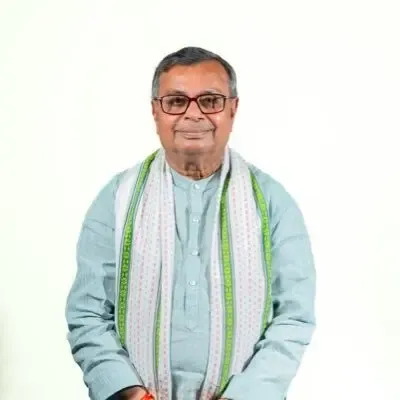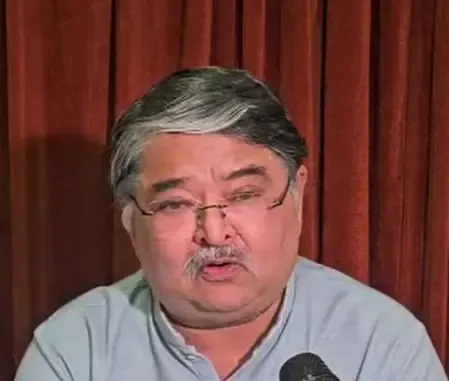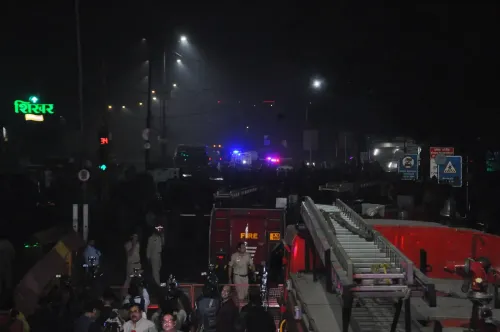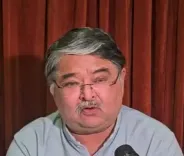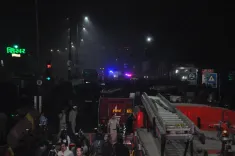Should the Delhi HC Conduct In-Camera Hearings for Yasin Malik's Death Penalty Case?
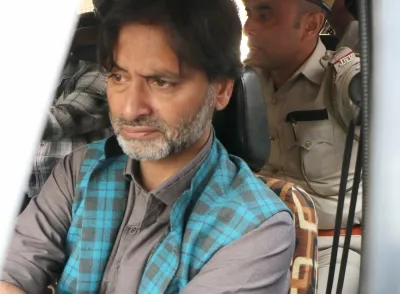
Synopsis
Key Takeaways
- NIA requests in-camera hearings for Yasin Malik's death penalty plea.
- Malik facing life imprisonment for terror-funding activities.
- Case raises critical legal questions about capital punishment and terrorism.
- Next hearing set for January 28.
- Public access may be restricted due to security concerns.
New Delhi, Nov 10 (NationPress) The National Investigation Agency (NIA) on Monday appealed to the Delhi High Court to conduct in-camera hearings regarding its request for the death penalty for Yasin Malik, the leader of the Kashmiri separatist movement and head of the now-banned JKLF, who is currently serving a life sentence due to a terror-funding conviction.
Participating via video link from Tihar Jail, Malik informed a Bench of Justices Vivek Chaudhary and Manoj Jain that he has been enduring “mental agony for the past three years” due to the looming threat of capital punishment.
The anti-terrorism agency highlighted the case's sensitivity and security issues, requesting the Bench, led by Justice Chaudhary, to limit public access and provide a secure virtual connection.
The Delhi High Court noted that it would deliberate on the NIA’s request for in-camera proceedings and has scheduled further discussions for January 28 of the following year.
The NIA is contesting a 2022 trial court decision that sentenced Malik to life imprisonment after he admitted guilt to charges under the Unlawful Activities (Prevention) Act and the IPC.
In its appeal against the sentence, the Central agency stressed that a terrorist should not merely receive a life sentence due to a guilty plea and opting out of a trial process.
While advocating for the penalty's escalation to death, the NIA argued that if notorious terrorists are not subjected to capital punishment for pleading guilty, it could undermine the entire sentencing framework, granting terrorists a potential escape route from capital punishment.
The trial court, which dismissed the NIA's request for a death sentence, asserted that Malik's crimes attacked the “core of the idea of India” and aimed to forcibly detach Jammu and Kashmir from the Indian Union.
Malik, who has chosen to represent himself without legal counsel, has been participating virtually following a court order in August 2024 that prohibited his physical attendance due to security threats.
Additionally, the now-banned JKLF leader is facing charges related to the 1990 murder of four Indian Air Force personnel in Srinagar, where a key eyewitness—a retired IAF officer—has identified him as the primary shooter.

